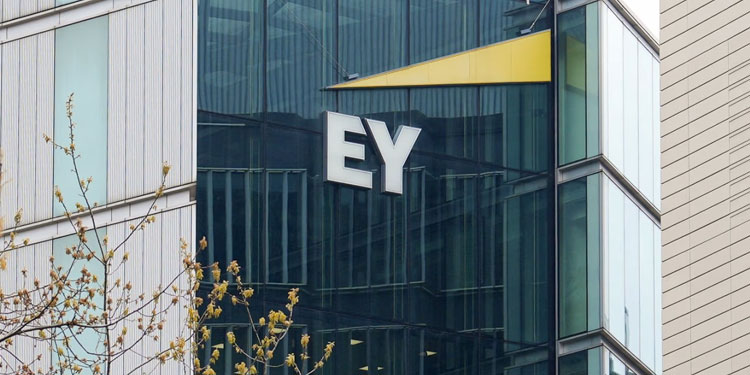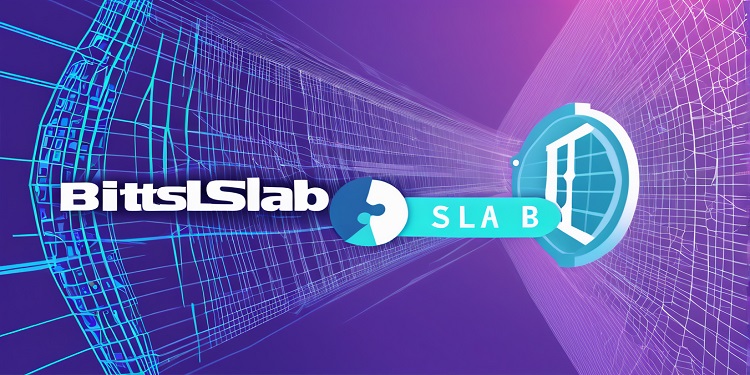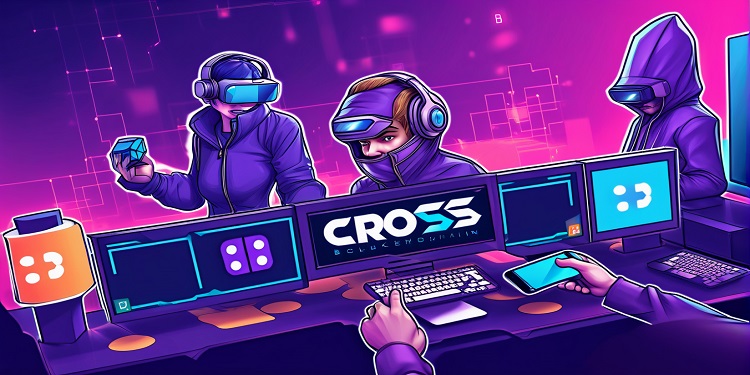 One of the Big Four accounting firms, EY (Ernst & Young) released the second edition of its Blockchain Analyzer application, which includes Smart Contract and Token Review, accessible to the general public. Users are now able to construct personalized testing procedures and to simulate transactions on the Ethereum blockchain before actually executing them, utilizing real-time data from the network. This capability was introduced with the upgraded version.
One of the Big Four accounting firms, EY (Ernst & Young) released the second edition of its Blockchain Analyzer application, which includes Smart Contract and Token Review, accessible to the general public. Users are now able to construct personalized testing procedures and to simulate transactions on the Ethereum blockchain before actually executing them, utilizing real-time data from the network. This capability was introduced with the upgraded version.
Before publishing smart contracts and paying transaction fees, the Smart Contract and Token Review tool will aid companies that are transacting on the Ethereum ecosystem by detecting risks and testing for generally recognized issues. This will be done before the firms create smart contracts.
In the improved version, its functionality has been expanded beyond that of standard tokens such as ERC-20. This is because the updated version was developed using Ethereum. Before a smart contract can be deployed on the Ethereum Mainnet, users have the option to construct their own one-of-a-kind tests and put it through its paces by overcoming a number of simulated challenges on their own.
Because of the changes made in the updated version, testing teams and development teams are now able to work together on projects. Users have the ability to save and share tests, create libraries of previously saved tests, publish links to the tests, and fork and modify tests that were produced by other users. Other users may also post links to the tests.
Paul Brody, EY Global Blockchain Leader, states:
“I anticipate seeing two distinct categories of key use cases. To begin, creators of smart contracts may utilize this platform to construct suites of standardized tests in advance of application development. Second, I anticipate that users will make use of this tool in order to determine whether or not smart contracts work as anticipated via the usage of simulated transactions prior to their actual execution.”
Jamie Finn, co-founder, and President, Securitize, states:
“Because of the efficiency, new use cases, and increased security that blockchain technology enables, the digitization of financial institutions is progressing at a breakneck pace. As the rate of this change quickens, it is essential for individuals to be able to trust the businesses they are collaborating with as well as the technology that is being implemented.
When a greater number of companies and investors adopt digital financial products, such as digital shares, tokenized funds, or other types of smart contracts, well-designed smart contracts will make it possible for organizations to adopt these new, fundamentally superior technologies with confidence. This will be the case because digital shares, tokenized funds, and other types of smart contracts are examples of digital financial products.”








